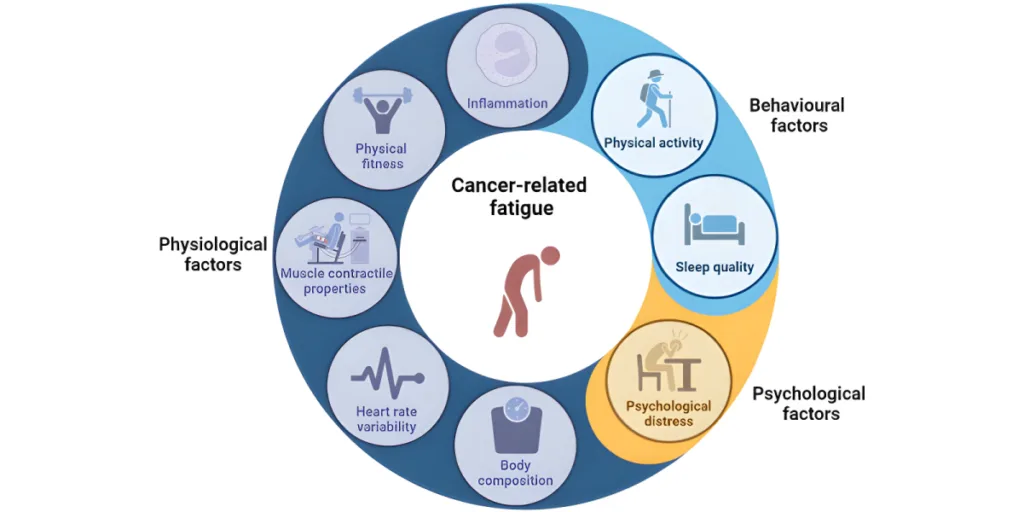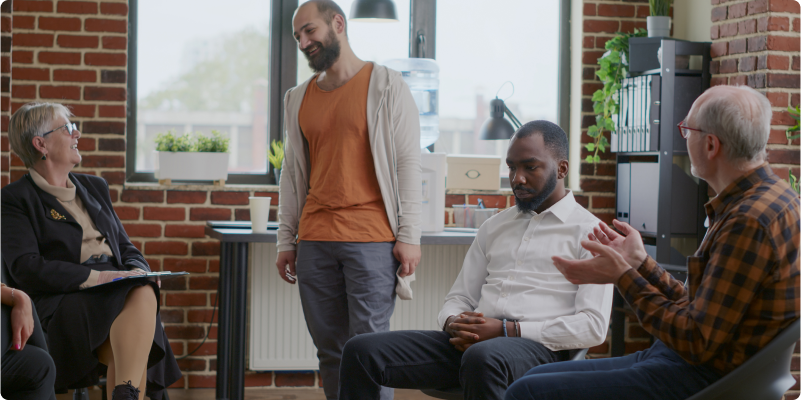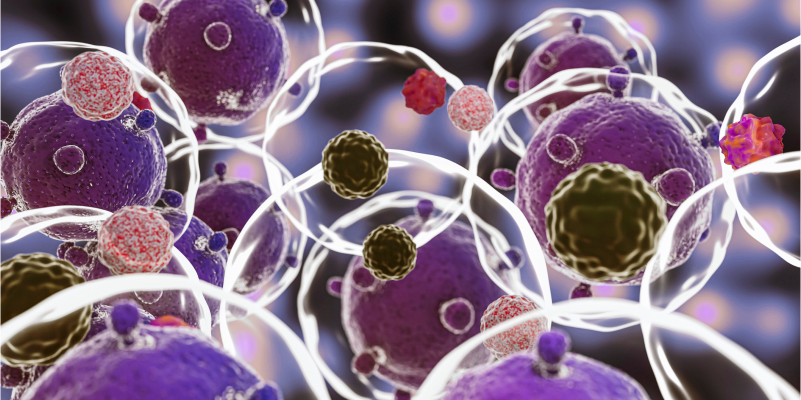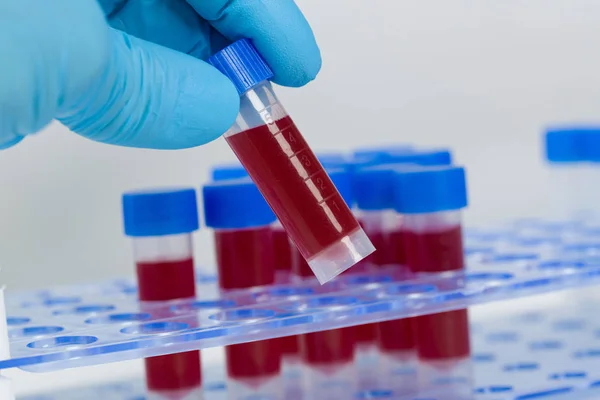
Cancer-related fatigue is a distressing and common symptom experienced by individuals undergoing cancer treatment. It can significantly affect the quality of life and daily functioning of patients. Understanding the frequency, causes, impact, and effective management strategies for cancer-related fatigue is crucial for healthcare providers, caregivers, and patients themselves to alleviate its burden and enhance overall well-being. This comprehensive review explores the complex aspects of cancer-related fatigue, delving into its prevalence and causes, impact on quality of life, and interventions and management strategies that can effectively alleviate this debilitating symptom.
Cancer-related fatigue is highly prevalent among individuals undergoing cancer treatment, affecting approximately 70-100% of patients. While it is a commonly reported symptom, the intensity and duration of fatigue can vary among individuals. Unfortunately, cancer-related fatigue is not fully understood and may persist even after treatment completion. Multiple factors contribute to its development. Physical causes often include anemia, nutrient deficiencies, hormonal imbalances, disrupted sleep patterns, cytokine release, and metabolic changes. Psychological factors, including anxiety, depression, and stress, also play a significant role in cancer-related fatigue.

The impact of cancer-related fatigue on patients’ quality of life is substantial. Persistent exhaustion can hinder the ability to perform routine tasks, engage in social activities, and maintain employment. Patients often experience cognitive impairments, including difficulties with memory, concentration, and decision-making. The emotional and psychological consequences of fatigue, such as decreased self-esteem, loss of control, and increased distress, further compound the challenges faced by individuals undergoing cancer treatment. Addressing cancer-related fatigue is critical for improving patients’ overall well-being and their ability to cope with the demands of treatment and daily life.

Managing cancer-related fatigue requires a multidimensional approach that encompasses both pharmacological and non-pharmacological interventions. Pharmacological interventions primarily focus on the use of psychostimulants, such as methylphenidate and modafinil, to alleviate fatigue and increase energy levels. However, these medications may come with side effects, and their long-term effects on cancer-related fatigue are still under investigation. Non-pharmacological interventions offer alternative and complementary strategies with fewer adverse effects.
Exercise has emerged as a powerful and evidence-based strategy for managing cancer-related fatigue. Engaging in regular physical activity can boost energy levels, enhance cardiovascular fitness, improve muscle strength, and increase overall well-being. Studies have consistently shown that exercise can significantly reduce cancer-related fatigue and improve mood among patients. Aerobic exercises, such as brisk walking, swimming, or cycling, are beneficial in improving cardiovascular fitness and alleviating fatigue. Strength training exercises focus on building muscle strength and endurance, which can help counteract the muscle weakness commonly associated with cancer-related fatigue. Mind-body exercises such as yoga or tai chi combine physical activity, breathing techniques, and mindfulness, providing a holistic approach to managing fatigue and promoting emotional well-being.
Addressing the psychological and emotional impact of cancer-related fatigue is essential for comprehensive fatigue management. Cognitive-behavioral therapy (CBT) has shown promising results in reducing fatigue-related distress by targeting negative thoughts, assumptions, and behaviors associated with fatigue. Incorporating mindfulness-based stress reduction (MBSR) techniques, including meditation, guided imagery, and relaxation exercises, can help patients develop coping strategies, promote a sense of calm, and improve their overall well-being. Additionally, participating in counseling and support groups provides individuals with an invaluable source of emotional support, encouragement, and the opportunity to share experiences with others who understand the challenges of cancer-related fatigue.

Supporting cancer-related fatigue management involves adopting healthy lifestyle modifications and energy conservation techniques. A proper and balanced diet, including adequate hydration, can provide essential nutrients necessary for energy production and overall well-being. Maintaining a regular sleep schedule, practicing good sleep hygiene, and implementing relaxation techniques before bedtime can improve sleep quality, which is crucial for combating fatigue. Stress reduction techniques, such as mindfulness, deep breathing exercises, and engaging in activities that promote relaxation, can help combat stress and conserve energy. Energy conservation strategies, such as prioritizing activities, scheduling rest periods, and delegating tasks, can prevent overexertion and optimize energy levels throughout the day.


Cancer-related fatigue poses significant challenges to the quality of life and daily functioning of individuals undergoing cancer treatment. By understanding its prevalence, causes, impact, and effective management strategies, healthcare providers, caregivers, and patients themselves can work collaboratively to alleviate the burden of fatigue. Pharmacological interventions, such as psychostimulants, may be considered; however, non-pharmacological approaches offer a complementary and often preferred method for managing cancer-related fatigue. Exercise, psychological interventions, and lifestyle modifications provide multifaceted strategies that empower patients to actively address fatigue, enhance overall well-being, and improve their ability to cope with the demands of cancer treatment and daily life. Through a comprehensive and personalized approach, the management of cancer-related fatigue can be optimized, allowing individuals to navigate their cancer journey with greater resilience, improved quality of life, and renewed hope for the future.

Dr. Yakov Freed

Dr. Yakov Freed